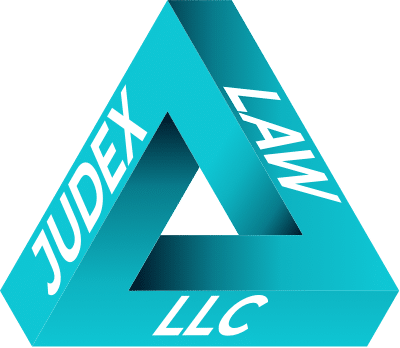As a financial advisor, learning that you’re the subject of a Financial Industry Regulatory Authority (FINRA) investigation can be stressful, to say the least. When FINRA finalizes its investigation into an alleged rule violation, it will send you an Acceptance, Waiver, and Consent (AWC) form, which serves a similar purpose as a settlement or plea agreement. While you may be tempted to sign this document and move on with your life, doing so may result in costly consequences to your career and professional reputation. Here’s what you need to know before signing an AWC from FINRA.
The Purpose of an AWC
At the conclusion of FINRA’s investigation into an alleged rule violation, FINRA will send an AWC to the advisor or firm at the center of the investigation. This document essentially allows the advisor to acknowledge the investigation’s findings and facts; if the advisor signs this document, they can avoid a formal hearing and costly litigation. However, while the threat of a lengthy legal process may make the AWC appealing to firms and advisors, accepting the AWC can lead to further issues and tarnish your professional reputation.
How an AWC Puts Advisors at a Disadvantage
FINRA investigations are, by nature, considered confidential. This means that when you receive the AWC, you may review the investigation’s findings, but you won’t have access to the case documents that led to these findings. Additionally, AWCs are reportable to the public, so you should know that any information in this document will be published in association with your name. Another way AWCs disadvantage individual brokers is by imposing the same fines and consequences on one professional as they would an entire firm. For instance, a firm and an individual financial advisor would pay the same $50,000 fine—an amount that unfairly punishes financial advisors.
Enlist the Guidance of a Trusted Securities Law Attorney
Whether you’ve just been notified of an upcoming investigation or FINRA has sent you an AWC, it’s always in your best interest to contact a knowledgeable securities law attorney to discuss your situation. Your attorney will help you understand the full repercussions of each choice so you can make a more informed decision about how to proceed. Not only will your attorney provide you with sound legal advice, but they can also answer your questions, address your concerns, and support you through this difficult time.
If you’re facing an upcoming FINRA investigation, contact Judex Law LLC today at (303) 523-4022 to discuss your situation with an experienced securities law attorney.

